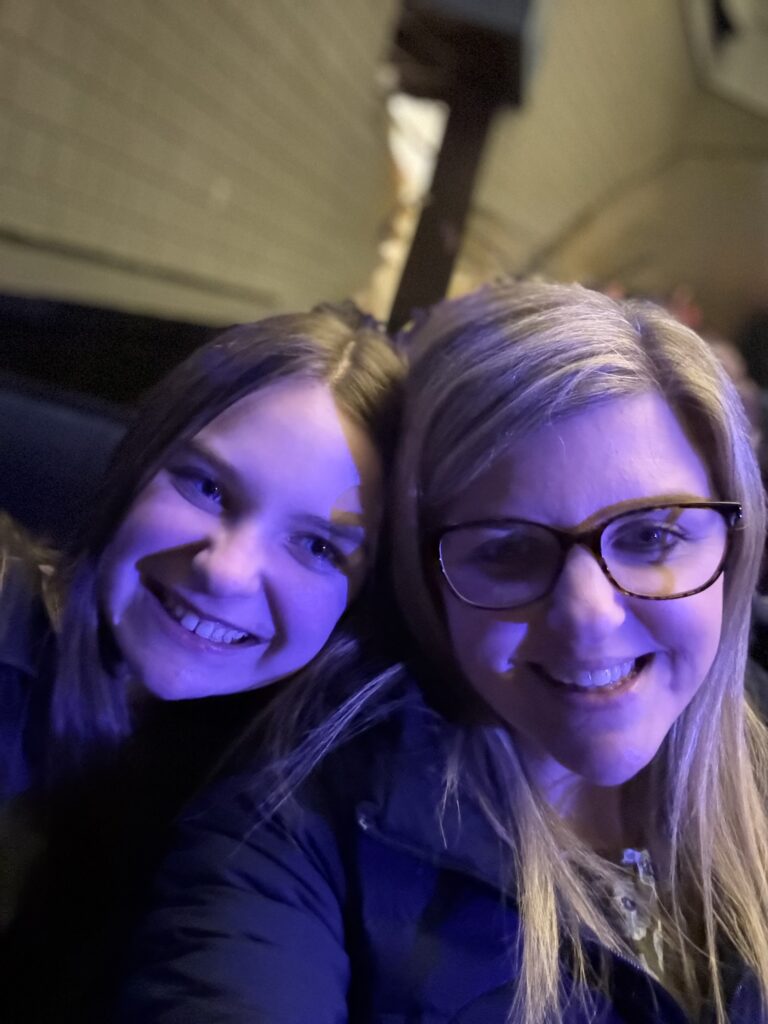One thing every parent knows for sure is that watching your child experience pain—whether physical or emotional—is one of the hardest things to handle. As your child enters adolescence, let me tell you firsthand, it becomes almost a constant. Whether it’s getting a bad grade, having a fight with friends, breaking up with a boyfriend or girlfriend, or not getting into their first-choice school, they will face rejection and disappointment as they grow up. Hopefully, you’ll find some helpful tools here to guide them through the road ahead.
Recently, I had the unfortunate opportunity to go down this path with my 13-year-old daughter, and it was a bumpy one. But I think we made it through to the other side—and hopefully, she would agree.
She has always dreamed of being a cheerleader. As a little girl, she would make up dance and cheer routines (as most little girls do, I assume) and perform them for us. So, when she was six, we decided to enroll her in gymnastics and tumbling classes with the intention that, if she still had an interest as she got older, she would have the skills to cheer in junior high and high school. She participated in all the kiddie cheer and pom camps that QND hosts and was a Jr. Raider cheerleader in eighth grade.
Maybe foolishly, she assumed she would be a shoo-in for high school cheer since she had done cheer the previous year. The QND cheerleading tryout process is quite rigorous—it involves learning sideline cheers and a dance routine, working with the current high school cheerleaders, and, at the end of the week, participating in an official tryout in front of the judges. Needless to say, a handful of freshman girls who tried out did not make the team.
To put it lightly, my daughter was crushed. The thought of going to school the next week and telling everyone she hadn’t made the cut was daunting. She was devastated that she wasn’t going to be a cheerleader—she felt like her high school career was over before it even began. Obviously, these feelings weren’t entirely based in reality, but to a young girl who had just watched her dream slip away in a matter of seconds, they felt completely true. It was almost like watching her go through the stages of grief, one by one.


All I could do was tell her I was sorry, comfort her, let her cry, let her yell—just let her feel what she was feeling. And that leads me to my first tip:
Let Them Feel Their Feelings
Don’t try to cheer them up immediately. If they are especially upset, attempting to lift their spirits too soon might make you seem like you don’t care or don’t understand what they’re going through.
Physically Be There
They may not want to talk out their feelings, but it’s important to be present in case they do. Even just sitting with them without pressing them to engage can be comforting. The night my daughter was feeling the worst, we stayed up late and watched whatever movie she wanted.
You know your child best, so pay attention to their reactions. Don’t force constant interaction. Think about how you feel when you’re sad—you might not want to be around others all the time, and your child may feel the same way.
I let my daughter stay in her room and “sulk” for a little while the next morning. Normally, I would have encouraged her to get up and moving, but I wanted to give her some grace. Eventually, though, I told her she needed to come out and be part of the family again. I also encouraged her to talk to her dad about what had happened, since he had worked the night before and wasn’t there for her initial reaction. By this point, she had moved past denial and was more focused on wondering what she had done wrong in her tryout.
Share Similar Heartbreaks and Disappointments
Not right away—but when the time is right, sharing your own experiences can help them feel less alone. My husband had a similar experience with baseball in high school, and I encouraged him to tell her about it. She adores her dad and sees him as amazing at everything, so hearing that he didn’t make a team—and regretted not trying out again—helped her see she wasn’t alone in this experience.
He also shared he had realized he hadn’t prepared and practiced as much as those who HAD made the team. That insight was helpful for her and has motivated her to push forward to work more for her tryout next year.
Give Them an Action Item
Having something to do—whether it’s therapy, reading a book, or making a plan to improve—can help redirect their focus and provide them something to work toward. It can also be helpful if they come up with their own action item if they don’t like the one you come up with.
Encourage Emotional Resilience
Though this situation was painful, she made it through. Every disappointment teaches emotional resilience, and overcoming this hurdle will help her navigate future hardships. Unfortunately, adulthood is full of rejection and disappointment—but learning how to deal with it early will serve her well in the long run.
Take Care! Nikki
